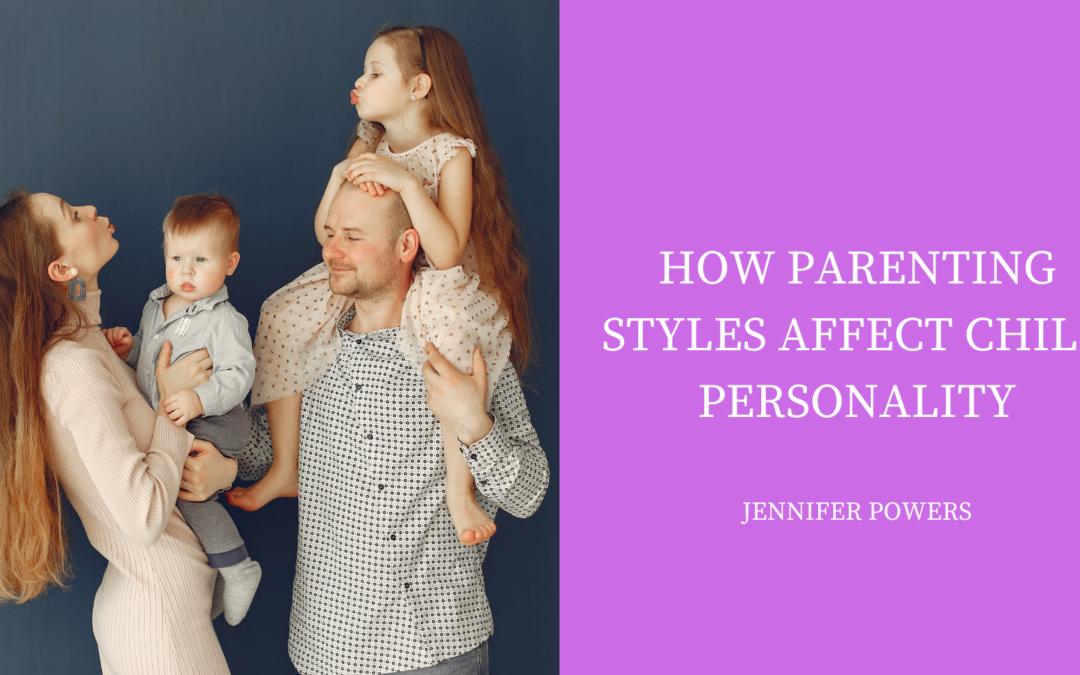Although developmental psychologists have studied how parents affect children’s development for many years, they cannot clearly demonstrate how their actions affect kids’ behavior. Some children who share a home can have very different personalities. Despite the obstacles to studying this topic, researchers believe that the parenting styles that children grow up under can affect their adult behavior.
Diana Baumrind, a psychologist, studied over a hundred preschool-age kids in the 1960s. She used various research methods to identify the different dimensions of parenting. She learned that most parents have three different parenting styles based on these dimensions. These styles influence multiple aspects of their kids’ behavior.
Authoritarian
One particular parenting style is authoritarian, which involves parents setting rules that their kids must follow. This type of parenting usually leads to punishment. While parents have high expectations, they rarely respond to their kids’ mistakes. Instead, they provide minimal direction regarding their kids’ future actions. According to Baumrind, parents who have this style expect their kids to follow their orders without explanation. They are often described as authoritarian and oppressive. Many parents with an authoritative style set rules and guidelines that their kids follow.
Authoritative
This type of parenting is responsive to the needs of its children. Although it demands a lot of their attention, these parents provide adequate support and warmth. The combination of expectations and support helps children develop skills such as self-control and independence.
Permissive
Permissive parents are the type of parent who rarely disciplines their kids due to their low expectations. They are more lenient and can be more friendly with their kids.
Uninvolved
Aside from the three major styles, psychologists John Martin and Eleanor Maccoby also introduced the fourth type of parenting, uninvolved. While parents provide their kids with the proper nourishment and shelter, they often do not offer them enough support and guidance. This type of parenting leaves them vulnerable to abuse or neglect.
The effects of these parenting styles on a child’s development are still unclear. Several studies have been conducted to study the impact of these styles on a child’s behavior. Although authoritarian parenting styles can lead to higher levels of obedience and proficiency, they are also lower in social competence, self-esteem, and happiness. Permissive parenting is known to lower a child’s self-esteem and happiness. It also increases their chances of experiencing problems with authority. The uninvolved styles have the lowest social, academic, and personal development scores.
The styles of parents can create a unique blend in their families. For instance, a mother who has an authoritative style may adopt a more permissive approach while a father follows an authoritarian one. It can be challenging for parents to maintain a consistent approach to parenting due to the various styles they adopt.
